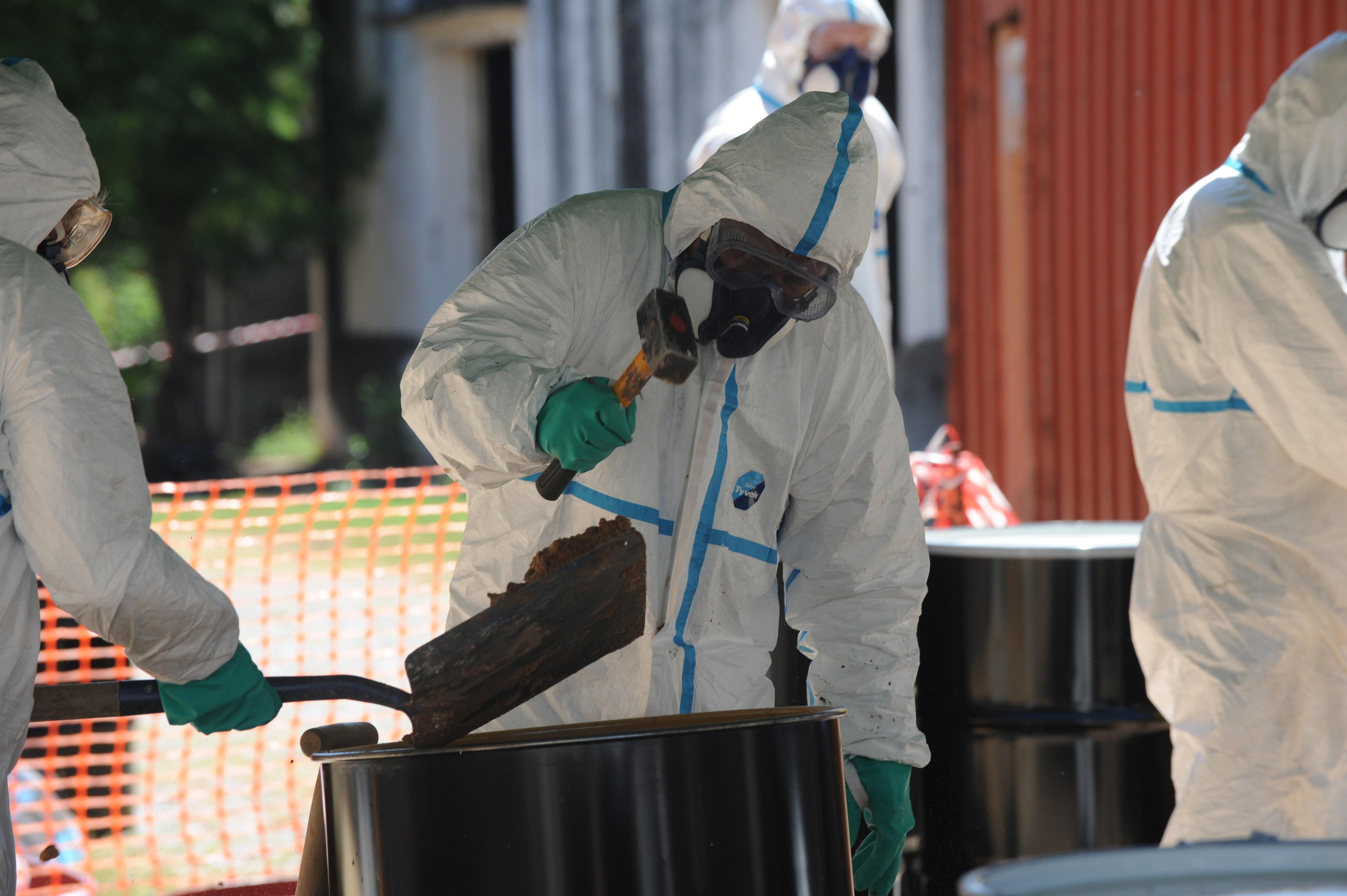What are Obsolete Pesticides?

Pesticides are a very wide ranging group of organic and inorganic chemicals whose characteristics are designed to protect agricultural production of plants and animals for consumption by humans. While pesticides are designed to focus on target organisms (insects, herbs, rodents, fungii), they can affect other species and human health, particularly if they are allowed to accumulate.
Unfortunately, residual pesticide quantities can accumulate for a number of reasons including unused volumes at the end of the agricultural season or amounts confiscated at customs. These volumes can become obsolete because of degradation due to long-term storage, de-registration of a product, sometimes international bans, or the fact that they have never been approved for use and were used illegally. These stocks have to be collected in a controlled manner (safeguarding) and disposed of in a safe manner.
FAO provides guidance on how to deal with obsolete pesticides
The FAO guideline series covers the main steps in the management of obsolete stockpiles from initial inventory to the use of inventory data to allow risk prioritisation of the obsolete stocks, the development of environmental assessments and management plans, the layout of stores as well as transport and disposal. The series continues with practical guidance on the assessment and management of eventually remaining volumes of contaminated soils and of landfills.
